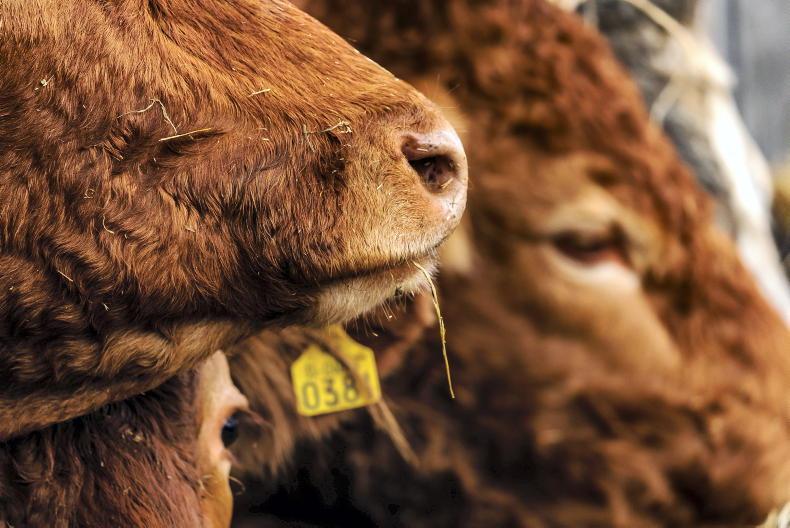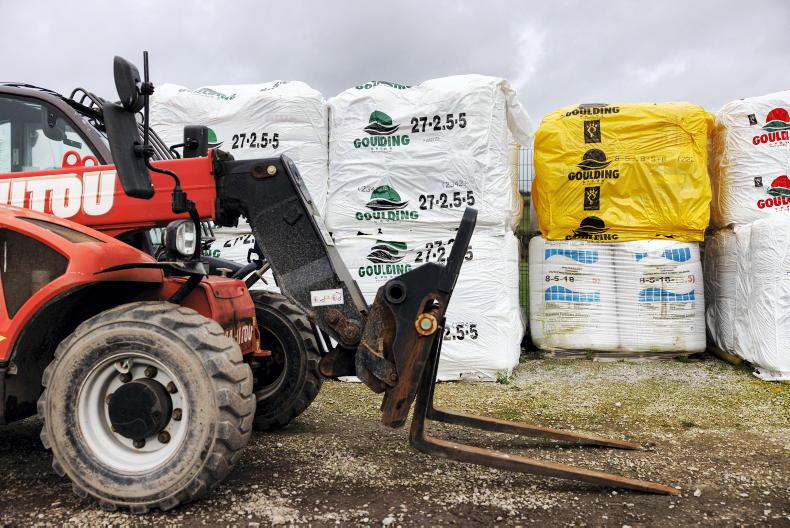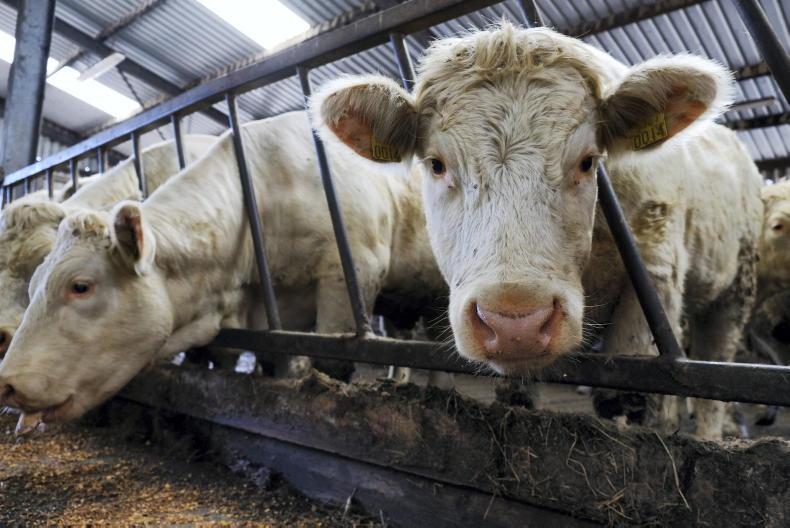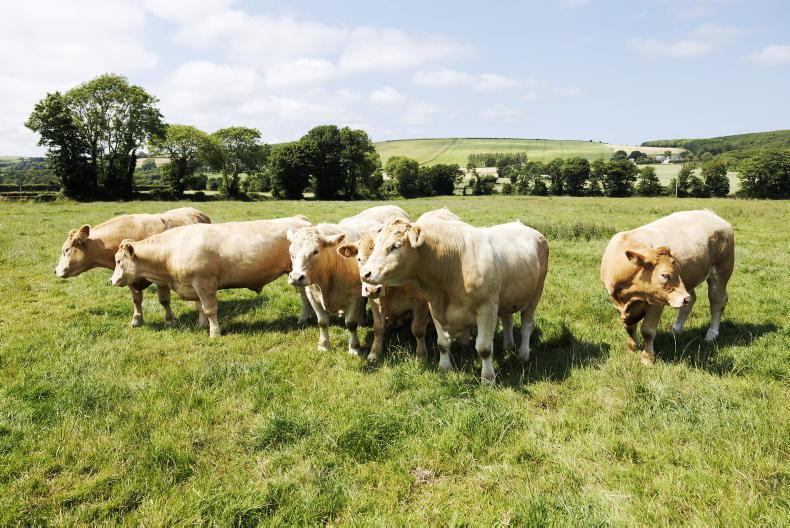Ballot papers have been issued to each member of the two committees. The deadline for returning the completed postal ballot is Friday, April 16. Each committee will hold a meeting on Friday week, at which the results will be announced.
IFA national treasurer Martin Stapleton said despite the restrictions imposed by COVID-19, the IFA national council decided to press ahead with elections as they were due.
“The postal system has worked very well across our structure, with elections for committee positions, county chairs and one regional chair position. It shows the flexibility of the association in responding to the circumstances,” he said.
IFA livestock chair Brendan Golden said the phased re-opening of the food service sector in the UK will increase demand for Irish beef and must translate into higher beef prices: “The food service sector in the UK is a key outlet for Irish beef and the phased re-opening from next Monday is a significant development for beef sales,” he said.
He said prices continue to edge upwards, but are not closing the gap with the Prime Export Benchmark price, which is at 11c/kg. Factories are paying €3.90/kg for steers and €4.00/kg for heifers, with higher deals for larger and specialist lots.
Cows are making from €3.20/kg for P grades and up to €3.70/kg at the top end for good-quality R and U grading cows. He said the key driver in the market place at the moment is the UK, as EU R3 young bull prices lag behind our current price by 9c/kg.
“The food service sector in the UK is scheduled for full reopening in May. This will increase demand for beef in the coming weeks and must return meaningful beef price increases,” Golden said.
European Commission driving up fertiliser prices
IFA believes that the European Commission’s decision in December to prolong anti-dumping tariffs on ammonium nitrate from Russia for another five years has contributed to the recent hike in the price of nitrogen fertilisers.
IFA farm business and inputs chairperson Rose Mary McDonagh said that the Commission had chosen to protect the profitability of European fertiliser producers while farmers face higher input costs.
“In January, merchants were selling SulCAN at €205-220/t. This week, prices are up at €240-270/t,” said McDonagh.
“Irish and European farmers are paying over the odds for fertiliser. The European Commission is undermining the competitiveness of EU agriculture and destroying farmers’ incomes by enabling a dysfunctional fertiliser market in the EU,” she added.
The IFA has persistently campaigned for a fairer market for fertilisers, along with its colleagues in COPA, by opposing the renewal of anti-dumping measures which prevent the operation of a fair and transparent market.
Last year, the IFA wrote to Agriculture Commissioner Janusz Wojciechowski, highlighting “the need to see him come out and defend farmers’ livelihoods by demanding a fairer market for fertiliser inputs. Anti-dumping measures on the import of AN and UAN fertilisers into the EU achieve just the opposite. Our highest cost is nitrogen, but fertiliser prices are artificially high, and farmers have no say in the matter. The Commission has to listen to farmers and recognise the negative economic impact on the users of fertilisers.”
“The fertiliser industry is profitable enough – they don’t need further protection with anti-dumping measures,” concluded McDonagh.










SHARING OPTIONS